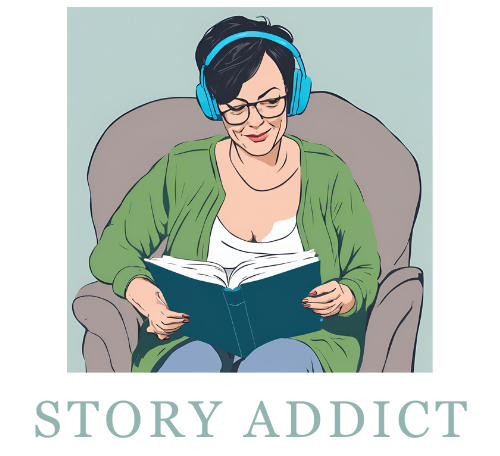
Our understanding of sleep is advancing in leaps and bounds. Sleep apnea, sleep disorders, insomnia treatments.
But it’s not always easy to understand the words that come out of the mouths of researchers (‘baseline polysomnography data’ anyone?).
That’s why I created the Sleep Therapist series, where I translate ‘academic’ to regular mortal.
The latest sleep research from prominent medical journals. No jargon. Just plain English.
I have a long-standing obsession with sleep, starting as a baby who never slept more than 2 hours in a row and graduating to a child who regularly took hours to fall sleep each night.
Insomnia followed me into adolescence, manifesting in cyclical burnout and quick naps in class.
As a parent of sleepless babies my insomnia obsession escalated.
It was hard to find information more in-depth than, ‘Count backwards from 1000’ or ‘Have a consistent bedtime routine’. None of which ever worked consistently anyway.
I craved answers to questions such as, ‘Is it my fault that I can’t sleep?’ and ‘How important is sleep anyway?’ and ‘Can you die from lack of sleep?’
I’ve created this article series to help my own learning journey and share the fruits of my learnings with you.
